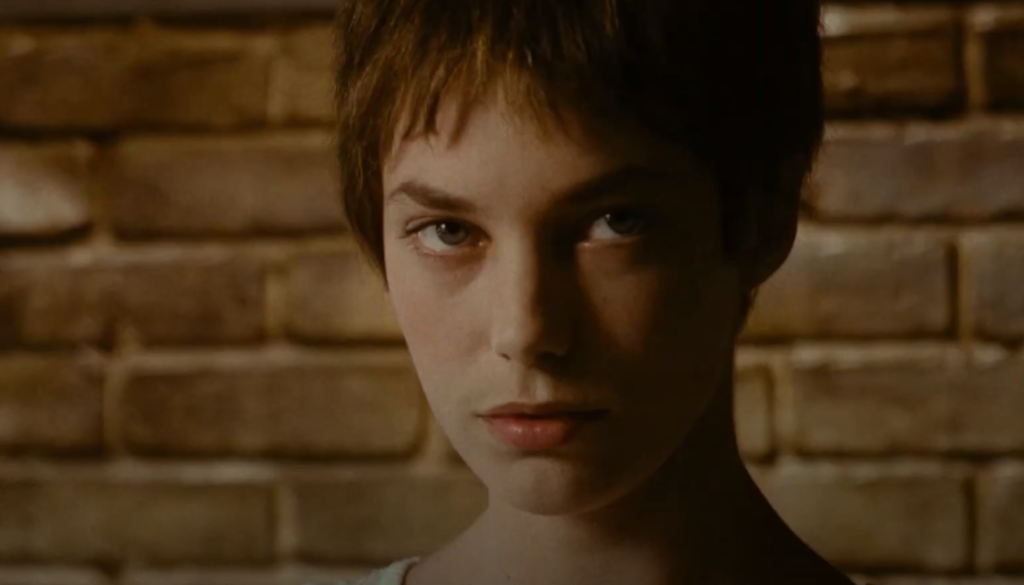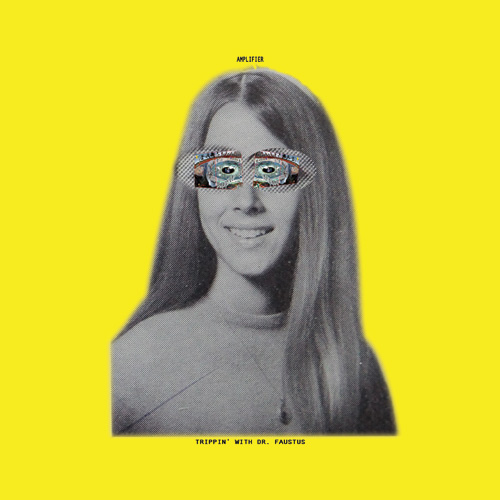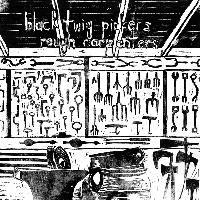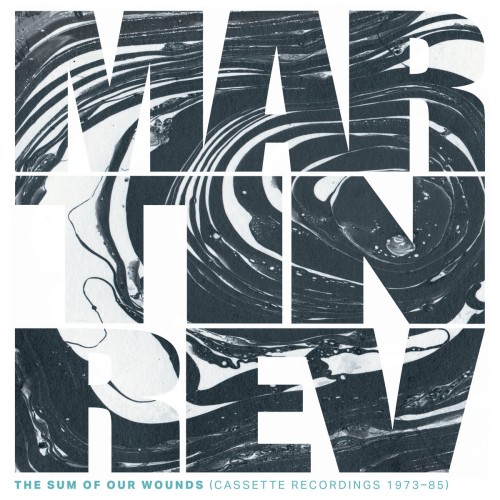Appearing as a tribute to the recently departed Jane Birkin, who stars in the film, Je T’aime Moi Non Plus, Serge Gainsbourg’s 1976 directorial debut, returns to UK screens and it’s a chance to re-examine a film that demands you engage with it, for good and for bad.
The film’s loose narrative concerns two truckers, Krassky (Andy Warhol superstar Joe Dallesandro) and his lover Padovan (Hugues Quester), who come upon a truck stop café, in which Birkin’s Johnny works. She, lonely and starved of excitement, and Krassky, jaded and sallowed by life on the road, fall into an uneasy affair, one of constant pain, sexual liberation and intense jealousy.A great deal of the film is Krassky’s cold insouciance contrasted with Johnny’s emotional desire, his indecision around her and the chaos it brings. However, this isn’t just horrible men being horrible to people in the manner of Les Valseuses, there’s an earnestness within it that elevates and enlivens its characters, the majority of which stems from Birkin, who is magnificent in the film. Elfin, magnetic, making a great deal of a character that could easily fall into cliché, the lonely woman whose life is animated by the arrival by a handsome man. But Birkin is too unpredictable a screen presence for that, eyes too intense, so overpoweringly charismatic that she totally animates and electrifies the film’s often stilted dialogue.
It is directed by her then partner, and exact centre-point of a monster / genius Venn diagram, Serge Gainsbourg, and it, thematically at least, is certainly his film. Cut through it like Blackpool Rock is the twin mixture of sensory romanticism and overwhelming nihilism that typified a great deal of Gainsbourg’s songwriting. Sex is often the only option of exhalation or transcendence, while all love is ultimately doomed in Gainsbourg’s universe. But at the same time the characters are free, unbound by binary choices, always willing to be proven wrong about themselves, allowing themselves to follow the moment.
The film is a long way from perfect; Gainsbourg never quite corals it into feeling like a cohesive film, but rather a series of interestingly impressionistic scenes interconnected in a loose and haphazard fashion. However, its heart, though weary and overwhelmingly misanthropic, is strangely forward-thinking, both cinematically and sexually.
It is also a bold choice for a tribute to Birkin. There are certainly films that are more traditionally worthy (her work with Agnès Varda for instance) that could have been chosen. But in the film’s disregard for confined binaries and its raw, artful vigour, there is certainly something of what made Birkin the trailblazing figure that she was.-Joe Creely-
The French Film Festival UK 2023 runs until 14 December at various venues around the UK.




